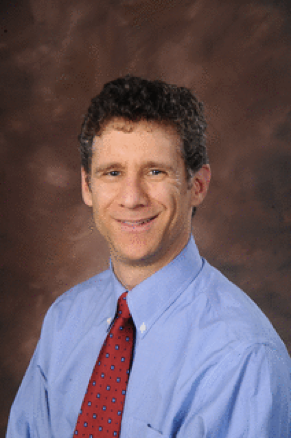
Abstract: It should be possible to improve the much-despised introductory statistics course in several ways: (1) altering the classroom experience toward active learning, (2) using adaptive software to drill students with questions at their level, repeating until students attain proficiency in key skills, and (3) standardized pre-tests and post-tests, both for measuring individual students’ progress and for comparing the effectiveness of different instructors and different teaching strategies. All these ideas are well established in the education literature but do not seem to be part of the usual statistics class. We would like to implement all these changes in the context of (4) a restructuring of the course content, replacing hypothesis testing, p-values, and the notorious “sampling distribution of the sample mean” with ideas closer to what we see as good statistical practice. We will discuss our struggles in this endeavor. This work is joint with Eric Loken.
Bio: Andrew Gelman is a professor of statistics and political science and director of the Applied Statistics Center at Columbia University. He has received the Outstanding Statistical Application award from the American Statistical Association, the award for best article published in the American Political Science Review, and the Council of Presidents of Statistical Societies award for outstanding contributions by a person under the age of 40. His books include Teaching Statistics: A Bag of Tricks (with Deb Nolan), Bayesian Data Analysis (with John Carlin, Hal Stern, David Dunson, Aki Vehtari, and Don Rubin), Data Analysis Using Regression and Multilevel/Hierarchical Models (with Jennifer Hill), Red State, Blue State, Rich State, Poor State: Why Americans Vote the Way They Do (with David Park, Boris Shor, and Jeronimo Cortina), and A Quantitative Tour of the Social Sciences (co-edited with Jeronimo Cortina). Andrew has done research on a wide range of topics, including: why it is rational to vote; why campaign polls are so variable when elections are so predictable; why redistricting is good for democracy; reversals of death sentences; police stops in New York City, the statistical challenges of estimating small effects; the probability that your vote will be decisive; seats and votes in Congress; social network structure; arsenic in Bangladesh; radon in your basement; toxicology; medical imaging; and methods in surveys, experimental design, statistical inference, computation, and graphics.
Materials
- Slides (pdf)
Recording
(Tip: click the fullscreen control)
Having trouble viewing? Try: Download (.mp4)
(Tip: right-click and choose "Save As...")
